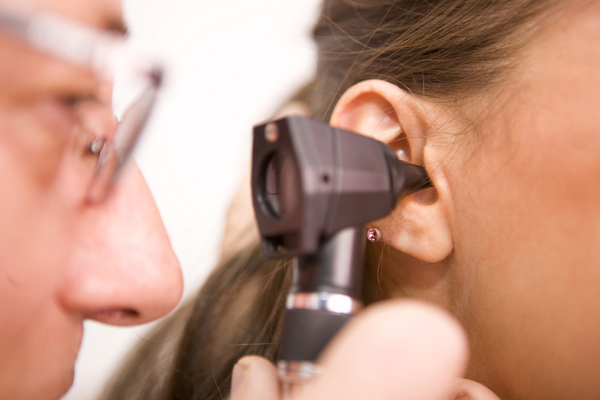
What to Expect from a Hearing Test
You might have been putting it off because you are busy. You might have been putting it
off because you don’t think you have a hearing problem. But if you’ve been putting off
scheduling a hearing test because you are nervous and don’t know what to expect, put it off no more. Read about what to expect from a hearing test appointment and then pick up the phone and schedule your appointment today.
Medical history
Before your physical exam or hearing assessment, the hearing care professional will take a detailed medical history. You will be asked questions about your family members, so if you don’t know if Mom, Dad or the grandparents had hearing problems you want to find out before your appointment. In addition, you will be asked about previous history of ear infections, ear pain, tinnitus, vertigo or balance problems, exposure to noise and other questions about your general health and any prior surgeries. You may also be asked if you have noticed specific hearing problems such as family complaining that you listen to television and radio too loud or difficulty in hearing women’s or children’s voices.
Lifestyle assessment
This portion of the exam helps the hearing specialist to get a better understanding of your hearing needs and your exposure to noise. You will be asked about hobbies (to determine if they expose you to noise), you will be asked about your physical activities and you will be asked about the type of work you do. These questions may seem like a violation of your private life, but the hearing professional needs to know about your habits, likes and dislikes. If the hearing assessment indicates that you need assistive hearing devices, it is important to know if you like to spend time in restaurants, museums or participate in video chats and conferences as part of your work duties.
Hearing assessment
The first part of the hearing exam begins with an examination of your ears. The hearing practitioner will look in your ears with an otoscope. This does not hurt. There will also be a bone conduction test and a puff of air will be used to determine how your ears are working. These tests are not invasive and they do not hurt. You will then be given a pure tone test and a word discrimination test to assess your level of hearing. These tests are reported on an audiogram.
Review of audiogram
The audiogram will be reviewed with you and the hearing specialist will interpret the results for you. If the test indicates that you need assistance with hearing, then your options will be discussed. If hearing aids are appropriate, you will be fitted. As you can see, a hearing assessment is not painful. It can have a positive impact on your quality of life, so schedule your appointment today.

